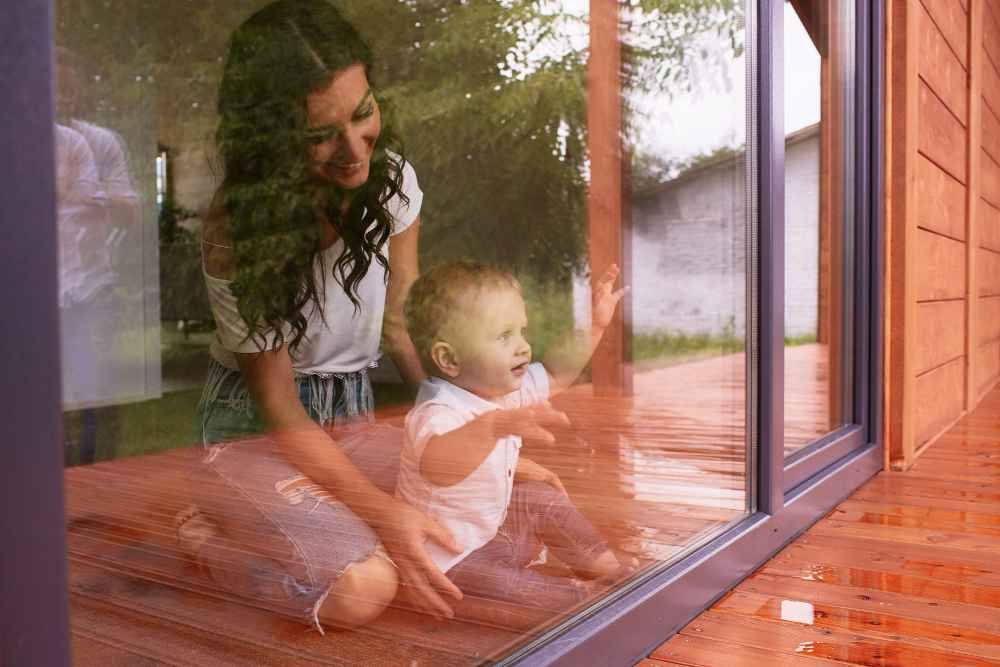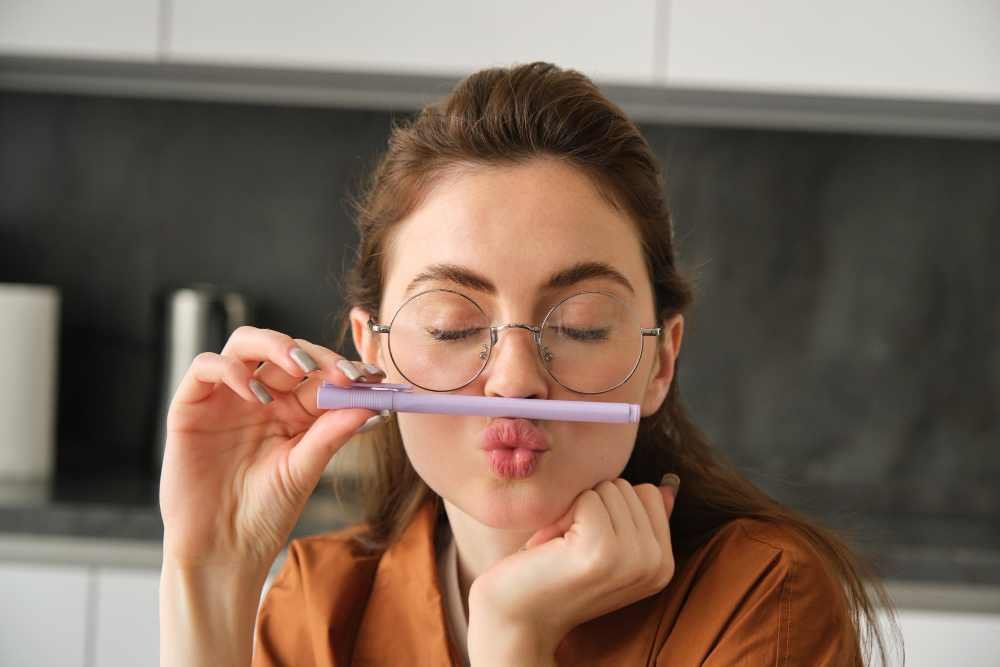As homeowners, we all want to protect our valuables and health-especially from the sun’s harmful UV rays. What many don’t know is that window films offer a simple, effective solution. These films act like a shield, blocking UV rays that can fade your furniture, damage your floors, and even harm your skin. By adding window films to your home, you can cut down on UV exposure and enjoy extra benefits, all while keeping your space safe and stylish.
Let’s dive into how window films work their magic and why they’re a smart addition to any home.
Understanding UV Damage
Before we talk about how window films help, it’s important to understand how UV damage works. The sun sends out three types of UV rays: UVA, UVB, and UVC. Only UVA and UVB reach the Earth.
UVA rays can get through windows and damage not just your things but also your skin. Up to 90% of skin aging comes from UV exposure. UVB rays mainly cause sunburn and can lead to skin cancer.
UV rays also affect your home. Fabrics fade, wood finishes get ruined, and artwork can get damaged by too much sun.
Additionally, UV radiation can seriously fade furniture and other items if exposed too long. So, it’s important to find ways to protect your home from these harmful rays.
How Window Films Work
Window films work with a special adhesive layer that blocks harmful UV rays while still letting natural light into your home. Many films can block up to 99% of UV rays, helping protect your furniture, floors, and skin. They come in different tints and shades, so you can pick the level of privacy and style that fits your home.
Window films also reduce glare, making your home more comfortable, especially when the sun is at its peak. With their ability to cut down on UV radiation and glare, these films are a smart choice for homeowners looking to improve energy efficiency and enjoy a more pleasant living space.
The Additional Benefits of Window Films
Aside from UV protection, window films provide a range of other benefits:
Energy Efficiency
Window films help keep your home cooler in the summer by reflecting heat, and warmer in the winter by trapping heat inside. This can reduce the need for air conditioning and heating, which lowers your energy bills. With less reliance on heating and cooling systems, you’ll also reduce your carbon footprint.
Enhanced Privacy
Depending on the type of film, window films can increase your privacy during the day. You’ll be able to block the view from the outside without blocking out natural light. This means you can enjoy a more private space without making your home feel dark or closed off.
Safety and Security
Some window films add a layer of protection that makes your windows more shatter-resistant. In the event of an accident or break-in, the film helps hold glass pieces together. This added safety feature can prevent injuries and protect your home from further damage.
The Installation Process
Installing window films may seem like a daunting task, but it’s quite manageable. For those who prefer a professional touch, many options for window tinting in Virginia Beach offer quality service. Professionals ensure that the film is applied correctly for maximum efficiency and aesthetic appeal.
For DIY enthusiasts, installation kits are available that provide all the necessary materials. However, achieving optimal results requires careful preparation.
Ensure the window surface is clean and free from dust and debris. With proper skills and attention to detail, homeowners can accomplish a successful installation.
Long-Term Care and Maintenance
Once window films are installed, it’s important to take care of them to keep them working well. Clean the films with a soft cloth and mild soap to avoid scratching them. Stay away from chemicals like ammonia, as they can harm the film.
Check the films regularly for any bubbling or peeling, so you can fix issues early. High-quality films are made to last, offering protection for up to ten years or more if cared for properly. Keeping your window films in good shape helps protect your home from harmful UV rays.
Choosing the Right Window Film
With various types of window films available, selecting the right one for your home can be overwhelming. Here are some factors to consider:
Tint Level
When choosing a window film, think about how much light you want to filter out. There are different tint options, ranging from clear to darker shades, allowing you to control the amount of sunlight that enters your home.
A darker film will block more light and provide more privacy, while a lighter one will let in more natural light. Consider how each tint level fits with your home’s needs for privacy, light, and comfort.
Durability
Durability is an important factor to consider when selecting a window film. Look for films that come with warranties, as these usually indicate the film’s long-term effectiveness.
A good warranty shows the manufacturer stands behind the quality and longevity of their product. Investing in durable films ensures that your windows will stay protected and continue to work effectively for years.
UV Protection Level
When selecting a window film, make sure it blocks at least 99% of harmful UV rays. This level of protection will help prevent sun damage, such as fading of your furniture, flooring, and artwork.
It will also protect your skin from the harmful effects of UV exposure while indoors. Ensuring high UV protection can significantly improve both the appearance and health of your home.
Invest in Protection with Window Films
Window films serve as a powerful tool in preventing UV damage at home. Protecting your belongings and the skin of your loved ones should always be a priority. With benefits that extend beyond UV protection, including improved energy efficiency and enhanced privacy, they make a smart choice for any homeowner. If you are considering enhancing your home’s safety and comfort, exploring options for window tinting can help you take that next step.
Is this article helpful? Keep reading our blog for more.
For more, visit our website, Homethreads







